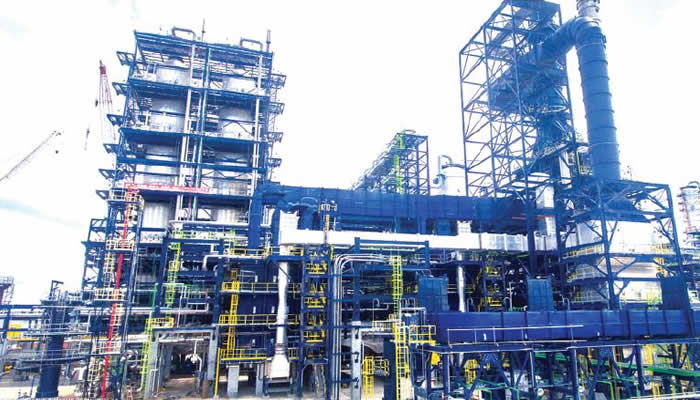Nigeria is bracing for a flurry of economic and policy developments in August, from the rollout of refined fuel nationwide to sweeping financial reforms and a push for renewable energy in public institutions.
The Dangote Petroleum Refinery is set to begin distributing diesel and premium motor spirit (PMS) across the country from August 15. To support the rollout, the company has acquired 4,000 compressed natural gas (CNG)-powered tankers, backed by a network of CNG stations and over 100 mobile CNG tankers, in a bid to ensure cleaner, more efficient last-mile delivery.
In the financial sector, President Bola Tinubu has signed the landmark Nigerian Insurance Industry Reform Act (NIIRA) 2025 into law, consolidating outdated regulations into a single modern framework. The reform is aimed at boosting confidence in the insurance market, tightening oversight, and contributing to the administration’s ambition of steering the economy toward the $1 trillion mark.
Internationally, Nigeria has been named among 12 African countries set to benefit from a $93 million U.S. emergency food assistance programme. The initiative will target nearly a million children suffering from severe malnutrition through ready-to-use therapeutic food (RUTF), with over 12,000 metric tons of supplies planned.
Meanwhile, the Central Bank of Nigeria (CBN) has uncovered irregularities in unpaid foreign exchange forward contracts, including mismatches in beneficiary details. The apex bank says it is considering legal action against violators based on findings from a forensic audit.
On the investment front, Nigeria recorded a sharp 67% rise in capital inflows in the first quarter of 2025, hitting $5.64 billion. According to the National Bureau of Statistics, the surge was driven largely by portfolio investment, which accounted for over 92% of the total, with foreign direct investment still lagging at just over 2%.
In another move toward sustainability, the federal government has launched the N100 billion National Public Sector Solarisation Initiative (NPSSI) to reduce dependence on diesel in public infrastructure. The project, led by the Rural Electrification Agency in partnership with InfraCorp, MOFI, and the Budget Office, aims to power key facilities with clean energy.
Not all the headlines are economic. The Nigeria Civil Aviation Authority (NCAA) has maintained its no-fly ban on Fuji musician Wasiu Ayinde, also known as KWAM 1, following an incident at Abuja’s Nnamdi Azikiwe International Airport. Authorities allege he attempted to board a ValueJet flight with an unidentified liquid later determined to be alcohol, leading to a confrontation with aviation security. Two ValueJet pilots have been suspended pending the outcome of the investigation.
From energy to finance, and from aid packages to regulatory crackdowns, Nigeria is navigating a high-stakes month that could shape its economic and policy landscape well into 2026.

